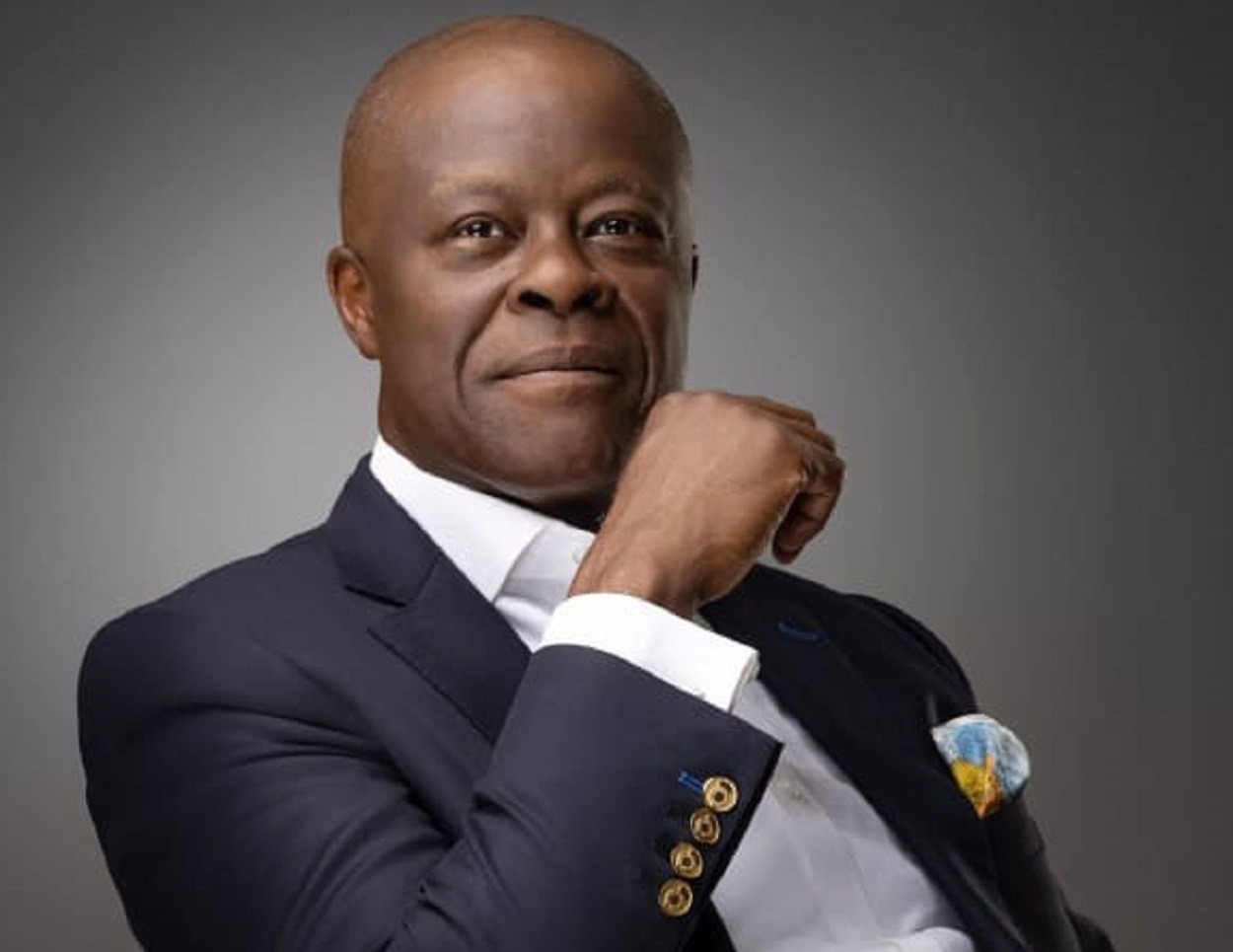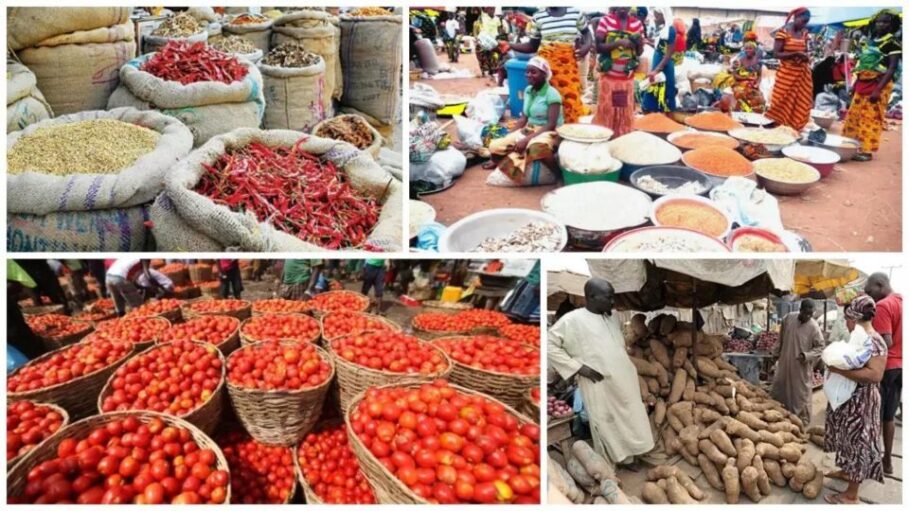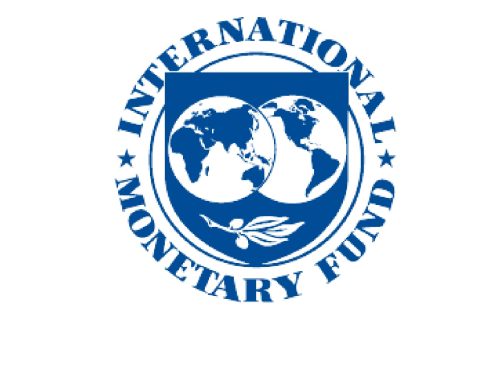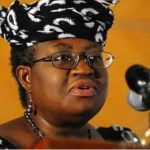Nigeria’s Minister of Finance and Coordinating Minister of the Economy, Wale Edun, has announced a move by the federal government to move away from heavy reliance on borrowing for the implementation of the 2024 budget.
Emphasizing a commitment to augmenting revenue sources, this announcement comes on the heels of President Bola Tinubu’s signing of the 2024 budget at the State House in Abuja.
Join our WhatsApp Channel“We’re transitioning to a strategy that emphasizes generating revenue as a means to finance the budget rather than primarily depending on borrowing,” Minister Edun declared, highlighting the government’s intent to harness technology and digitization to bolster revenue streams into the consolidated revenue fund.
Addressing concerns about fiscal deficit, the Finance Minister hinted at a promising shift, saying: “As a percentage of GDP, the Nigerian 2024 budget deficit has decreased significantly from 6.1% to 3.8%. This underscores our reduced reliance on borrowing, a move aligned with our optimistic outlook on revenue enhancement initiatives.”
He further explained the administration’s structural adjustments, affirming, “We’re streamlining government borrowing processes, moving away from Ways and Means by acquiring necessary funds from the market rather than resorting to Central Bank money printing.”
With a keen eye on economic growth, Edun underscored the budget’s focus on capital expenditure, signaling a marked priority for driving economic expansion.
“The significant increase in capital expenditure to approximately N10 trillion reflects our administration’s commitment to stimulating economic growth. This allocation dwarfs recurrent expenditure, at about N8.8 trillion, indicating a clear trajectory towards a revitalized and burgeoning economy,” he remarked.
Notably, the 2024 budget features a reduced deficit of N9.18 trillion, a marked decrease from the N13.78 trillion in the 2023 budget—a considerable drop of N4.60 trillion. President Tinubu had earlier outlined plans to finance this deficit, including new borrowings of N7.8 trillion and over N298.4 billion from the privatization of government assets.
Moreover, the President’s pursuit of an $8.69 billion and €100 million loan, part of the external borrowing plan for 2024, is currently pending Senate approval.
Simultaneously, the federal government has disclosed intentions to bolster revenue through increased tax collection, setting a target of achieving an 18% tax-to-GDP ratio within the next three years.
The Finance Minister’s proclamation signifies a concerted effort towards a transformative fiscal approach, aiming to recalibrate Nigeria’s financial landscape and lay a robust foundation for sustained economic growth.
Emmanuel Ochayi is a journalist. He is a graduate of the University of Lagos, School of first choice and the nations pride. Emmanuel is keen on exploring writing angles in different areas, including Business, climate change, politics, Education, and others.















